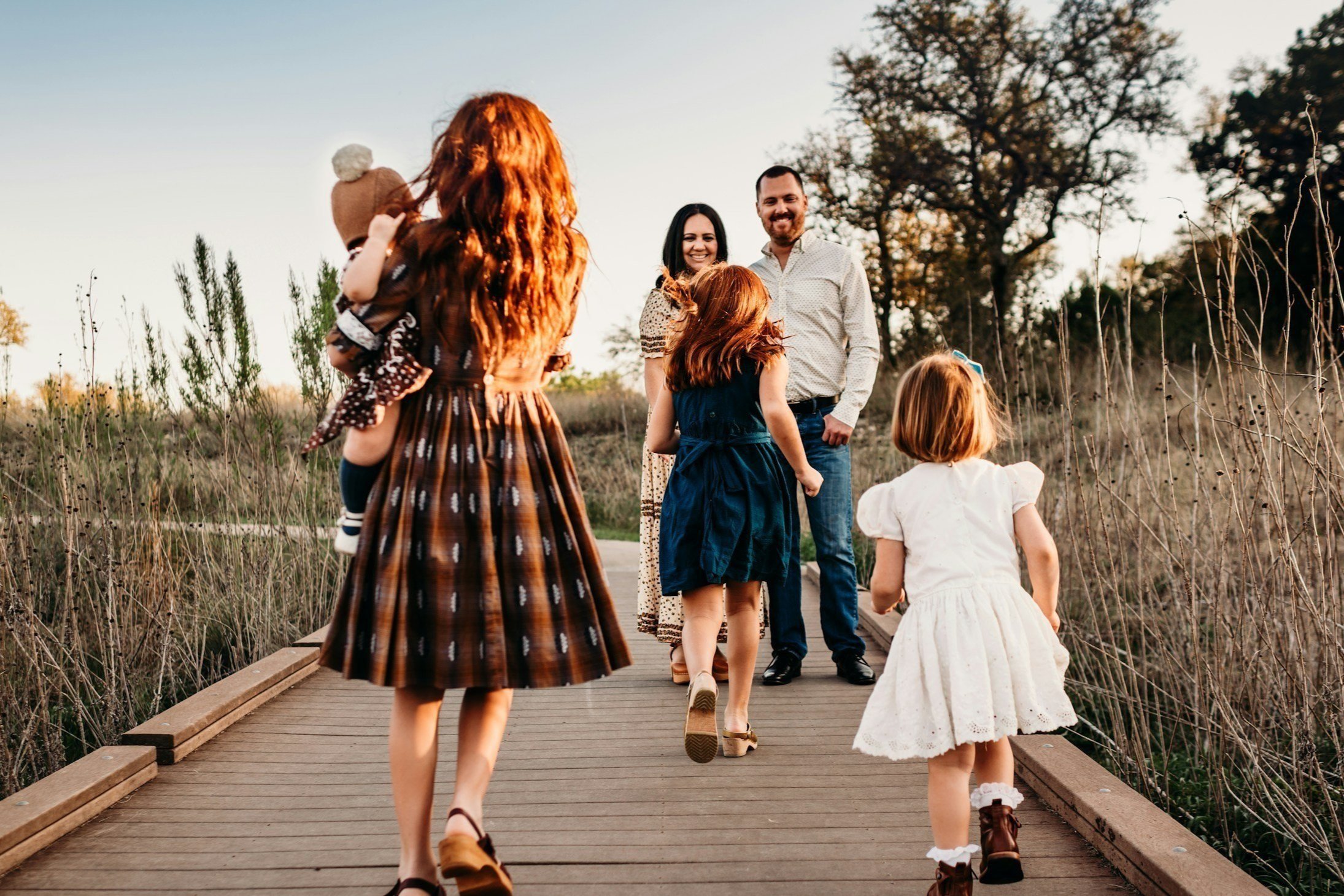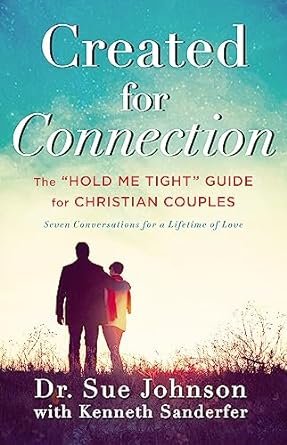
Couples and Family Counseling
In person in Burke, VA and telehealth state wide
Couples Counseling
We believe we can make even more progress in healing if we help individuals in the context of their relationships. Individual work is a often necessary first step. At the same time, we have seen such a great impact when we can work with the whole family. When we all speak the same language and identify the challenges and dynamics that keep us stuck in misunderstandings and unhealthy patterns, we can change in ways that didn't seem possible. We utilize therapy approaches such as the Gottman Method, Attachment-based interventions, Interpersonal Neurobiology, Family Systems, Internal Family Systems, Emotionally Focused Therapy, and Cognitive-Behavioral Therapy.
Family Counseling
We believe we can make even more progress in healing if we help individuals in the context of their relationships. Individual work is often a necessary first step. At the same time, we have seen such a great impact when we can help the whole family. Family Counseling might look like a mother and child, father and child, siblings, and/or the whole family together. When we all speak the same language and identify the challenges and dynamics that keep us stuck in misunderstandings and unhealthy patterns, we can change in ways that didn't seem possible. We utilize therapy approaches such as Attachment-based interventions, Interpersonal Neurobiology, Family Systems, Internal Family Systems, Emotionally Focused Therapy, and Cognitive-Behavioral Therapy.
“As children develop, their brains "mirror" their parent's brain. In other words, the parent's own growth and development, or lack of those, impact the child's brain. As parents become more aware and emotionally healthy, their children reap the rewards and move toward health as well.”
~ Daniel J. Siegel, The Whole-Brain Child
how therapy works
-
We offer a free 15-minute consultation to make sure we’re a good fit. This is a chance for you to share a thumbnail sketch of what is going on, share what you are hoping to gain from counseling, and ask any questions you may have.
-
The first session is unique. We have a set of questions that we ask everyone BUT our main goal is to find out why you are coming and what your goals are for counseling. For couples, we will ask you about each of your backgrounds. We ask about your physical and mental health history, family background, job situation, personality differences, how you handle conflict, etc. For family counseling including younger children, we recommend you coming alone for the first session. For teens, we recommend coming together for the first session.
-
At the end of session one or two, we'll identify some goals to work on and the order to tackle each issue. We will continue to evaluate your goals and our progress in meeting them.
-
Each ongoing session, we start with a list of "checking in" questions. For example, "How you been getting along?", "Any insights from our last session? Then we'll identify what you each would like to talk about. At the end of the session, we'll sum up what insights we've learned in our discussion and identify some tools that might help until we meet again.
Resources
























